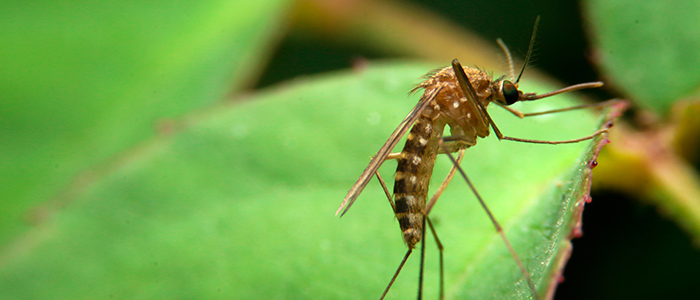You may have heard about Dengue fever making its way into the United States more frequently than in years past. Whenever an increase of insect disease occurs, it’s natural to have concerns about its severity and likelihood for transmission. As of right now, if you live in the U.S., your chances of contracting Dengue fever locally is extremely low. Despite the low potential of catching the disease, it is still beneficial to know the essential information about Dengue fever, how it’s transmitted, and why it’s on the rise.
How Is Dengue Fever Transmitted?
Like other mosquito borne illnesses, Dengue fever is transmitted via bites from an infected Aedes mosquito. While some believe that Dengue can be passed between people, this has yet to be proven. Interestingly, if an infected person is bitten by a mosquito, the mosquito will become a carrier of Dengue and can transmit it to other people. This cycle is often how Dengue remains prevalent in certain regions.
What is Dengue Fever?
Scientists believe that Dengue fever has been around anywhere between 500-1000 years. It is an endemic that impacts more than 100 countries and estimated that half of the world’s population is at risk of contracting the virus. While only 1 in 4 people who have Dengue fever will actually become ill, untreated cases of Dengue have a mortality rate of up to 20 percent.
Symptoms of Dengue fever include:
- High fever
- Severe headache
- Pain behind the eyes
- Joint and muscle pain
- Fatigue
- Nausea
- Vomiting
- Skin rash, which appears two to five days after the onset of fever
- Mild bleeding (such as nose bleed, bleeding gums, or easy bruising)
Should You Be Concerned About Dengue Fever?
The risk of contracting Dengue fever in the United States is still extremely low. Most cases of Dengue occur in people who have traveled outside of the country and returned with symptoms at a later date. Locally transmitted cases are rare but still possible. Arguments for this increase include lower efforts at controlling mosquito populations and warmer weather patterns. For up-to-date information on Dengue fever, the CDC has a webpage dedicated to cases of Dengue fever in the United States.
Mosquito Control Experts
One way to limit mosquito-borne illnesses is to control the mosquito population. While a single effort on your property may not solve state or nationwide mosquito numbers, an exterminator can assist with making your property less attractive to mosquitoes in general. At Gregory Pest Solutions, our team can ensure your peace of mind by eliminating threats posed by mosquitoes. Call today to learn more about what Gregory Pest Solutions can do for you!

